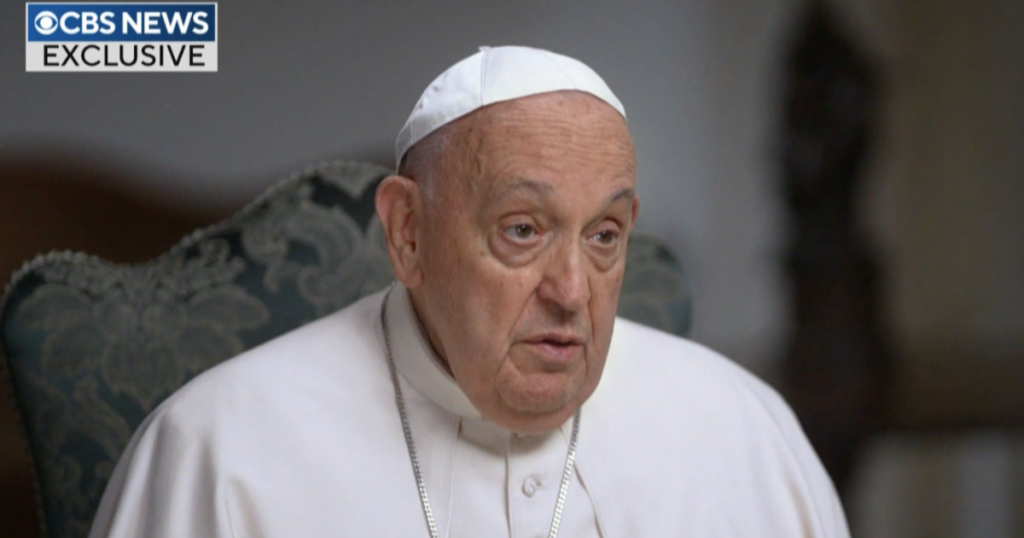Pope Francis recently addressed the impact of social media on health, particularly for young people, in an interview with CBS Evening News anchor Norah O’Donnell. While acknowledging the benefits of communication media in fostering development and critical thinking, he also highlighted the negative consequences, such as the alienation and distortion of reality that social media can bring to young people’s lives. The pontiff emphasized the serious responsibility of media outlets in providing accurate and constructive information for people of all ages, warning against those that propagate gossip and negative messaging that can harm individuals mentally.
In the hour-long interview with O’Donnell, Pope Francis questioned the amount of time people spend on television and smartphones, emphasizing the negative impact of excessive screen time on mental health. He pointed out that social media platforms can create an unrealistic world filled with fantasy, aggression, and false perceptions, leading individuals, especially young people, to live detached from reality. The pontiff called for more awareness and moderation in media consumption, urging individuals to be critical of the content they are exposed to and encouraging responsible media reporting that promotes positive values and respect for others.
O’Donnell discussed the importance of delving deeper into critical issues like social media’s influence on children in the prime-time special with Pope Francis, which aired on CBS and streamed on Paramount+. She highlighted the opportunity to witness a unique side of the pontiff as he expressed his concerns and reflections on the modern media landscape. By offering a platform for in-depth discussions, the interview shed light on the challenges and complexities associated with social media consumption, emphasizing the need for balance, discernment, and ethical reporting practices in the digital age.
Pope Francis underscored the role of media outlets in shaping individuals’ perceptions and attitudes toward the world, cautioning against the spread of misinformation, propaganda, and divisive content that can harm society. He called for a more responsible and ethical approach to media reporting, urging journalists and media organizations to uphold integrity, truthfulness, and respect for human dignity in their work. As technology continues to evolve and transform the way we communicate and interact with information, the pontiff’s message serves as a timely reminder of the importance of promoting positive values, empathy, and compassion in the digital media landscape.
Through his candid insights and reflections on social media’s impact, Pope Francis conveyed a message of awareness and mindfulness in navigating the digital world, urging individuals to critically evaluate the content they consume and its potential effects on their well-being. By addressing the challenges and pitfalls of excessive media consumption, he emphasized the need for a balanced and discerning approach to engaging with digital technologies, especially for young people who are more susceptible to its influences. The interview with O’Donnell provided a platform for the pontiff to share his perspectives on media ethics, responsibility, and the importance of fostering a media environment that upholds truth, integrity, and the common good.


